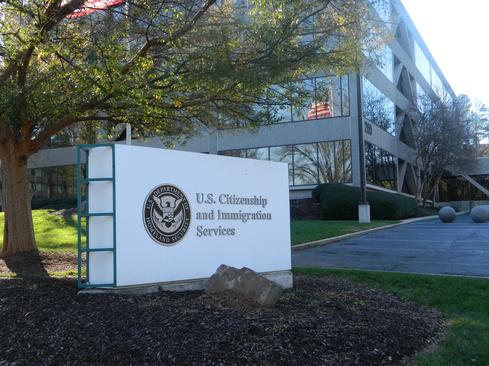Demand for new H-1B visas will continue to outstrip supply -- likely by an even wider margin -- in 2015. Here's guidance for employers and employees.

a record-setting $34 million settlement the government won in 2013 from the Indian firm Infosys for systemic misuse of the US visa system.
The government has also targeted bad actors at the individual level. In September, a Colorado man was sentenced to more than 10 years in prison after being convicted of visa fraud, human trafficking, and other charges in a scheme that brought foreign nurses to the US with H-1B visas obtained under false pretenses, among them that they'd be employed by the fictional "Adam University." Instead, the nurses worked in nursing homes and long-term care facilities for less than the prevailing wage.
In August, a California man was sentenced to serve 10 months and ordered to pay $100,000 after pleading guilty to 19 counts of H-1B visa fraud. The man had previously admitted to submitting fraudulent applications for 19 different H-1B visas for profit. Among his falsifications: He claimed each of the 19 applicants had technology jobs waiting for them at Gilead Sciences in Foster City, Calif. The company is real; the jobs were not.
Meanwhile, even for individuals and companies that use the H-1B system legally, increased scrutiny of applications, job duties, work environments, and other factors is now the norm.
And demand for new H-1B visas shows no signs of subsiding, with technology jobs leading the charge. (H-1Bs can be granted for a wide range of "specialty occupations," though IT-related jobs make up the biggest single category.) Within the broad IT field, expect information security and software development positions to continue fueling H-1B applications. Fanning also noted that IT-related jobs aren't restricted to the tech industry itself -- not by a long shot. Many of his clients in the manufacturing sector are pursuing software development hires, for example.
No matter the employee or employer, prospective H-1B applicants have their work cut out for them. Fanning says it's best for employers, in particular, to evaluate well in advance the number of job offers they intend to make in conjunction with the H-1B process, and to prepare backup plans in the event of an unsuccessful application. Ultimately, it will come down to a random lottery, and the odds have been stretching longer of late.
"Start now. It's going to be a long-term process," Fanning said.
Apply now for the 2015 InformationWeek Elite 100, which recognizes the most innovative users of technology to advance a company's business goals. Winners will be recognized at the InformationWeek Conference, April 27-28, 2015, at the Mandalay Bay in Las Vegas. Application period ends Jan. 16, 2015.
About the Author(s)
You May Also Like







